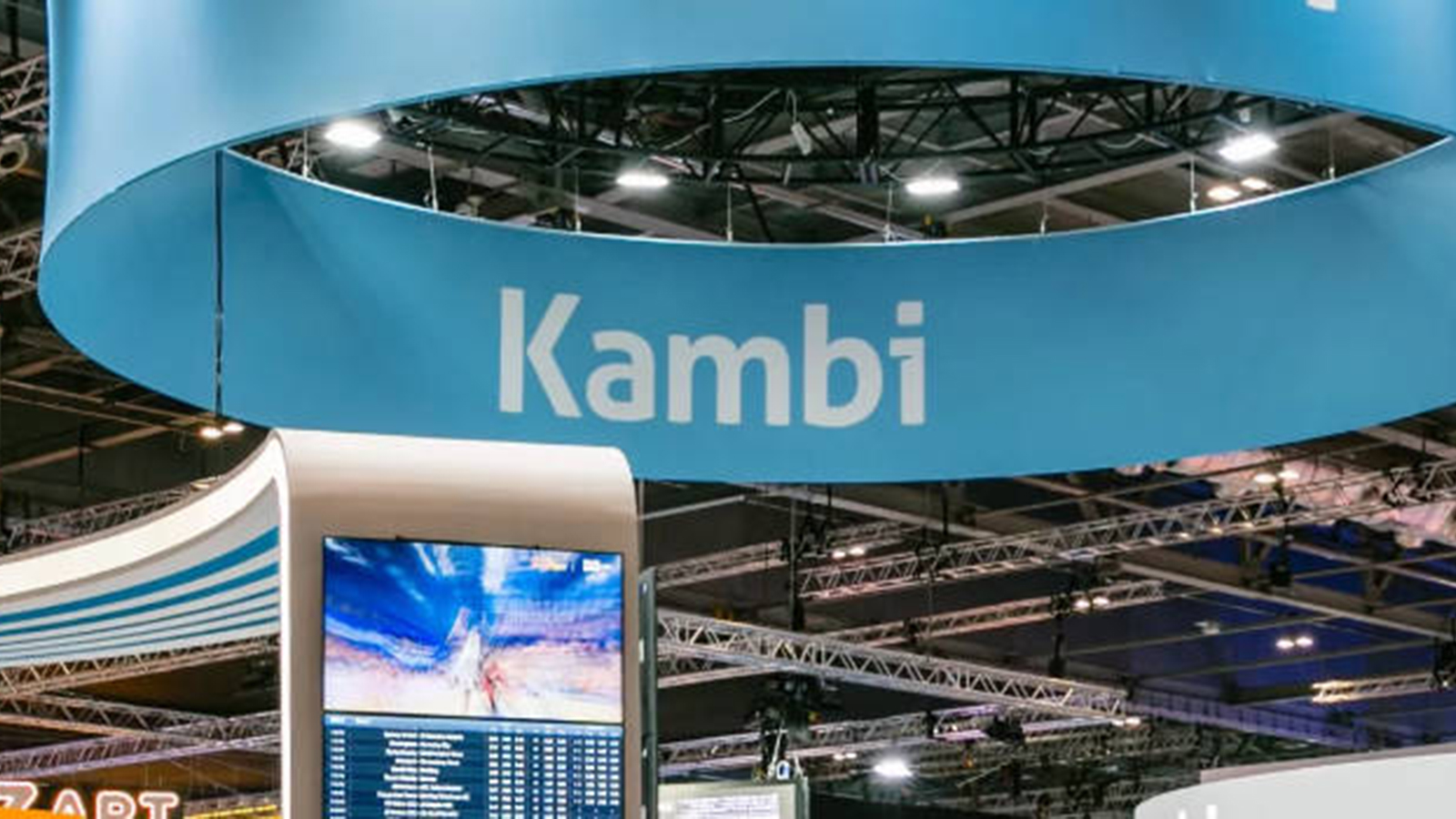Kambi Group’s Share Repurchase Journey

Kambi Group plc, a prominent player in the gaming industry, executed a significant share repurchase program between January 16, 2024, and January 22, 2024. This initiative, approved at the Extraordinary General Meeting on June 19, 2023, aimed to add substantial value for Kambi’s shareholders while providing the Board with enhanced flexibility in managing the company’s capital structure. The share buyback program adhered to the regulations outlined in the Maltese Companies Act and other relevant rules.
Details of Share Repurchase:
During the specified period, Kambi successfully repurchased a total of 12,000 shares, contributing to the ongoing share buyback program. The transactions were executed with precision, emphasizing compliance with legal frameworks and financial regulations.
Volume-Weighted Average Price Analysis:
The shares were repurchased at a volume-weighted average price of 146.13 SEK during the period from January 16, 2024, to January 22, 2024. Since the initiation of the buyback program on December 5, 2023, up to January 22, 2024, Kambi acquired a cumulative total of 124,600 shares at a volume-weighted average price of 159.51 SEK per share.
Detailed Daily Transactions:
The breakdown of the share repurchases from January 16, 2024, to January 19, 2024, is as follows:
January 16, 2024:
Aggregated daily volume: 3,000 shares
Weighted average share price: 146.82 SEK
Total daily transaction value: 440,456 SEK
January 17, 2024:
Aggregated daily volume: 3,000 shares
Weighted average share price: 143.80 SEK
Total daily transaction value: 431,395 SEK
January 18, 2024:
Aggregated daily volume: 3,000 shares
Weighted average share price: 147.10 SEK
Total daily transaction value: 441,302 SEK
January 19, 2024:
Aggregated daily volume: 3,000 shares
Weighted average share price: 146.81 SEK
Total daily transaction value: 440,436 SEK
All share acquisitions took place on Nasdaq First North Growth Market in Stockholm, facilitated by Carnegie Investment Bank AB on behalf of Kambi.
Current Share Holdings and Capital Structure:
Following the successful repurchase transactions, as of January 22, 2024, Kambi holds a total of 782,592 of its own shares. The overall number of issued shares in Kambi stands at 31,278,297. The repurchase program allows for a maximum acquisition of 3,127,830 shares, with a cap of €2.8 million.
Significance of Share Buyback:
The strategic share repurchase program by Kambi Group holds multifaceted significance for the company and its stakeholders. Let’s delve into the various aspects that make this initiative noteworthy.
Enhancing Shareholder Value:
The primary objective of the share buyback program is to enhance shareholder value. By repurchasing shares, Kambi aims to signal confidence in its financial stability and future prospects. This move can boost investor confidence, leading to a positive impact on the company’s stock valuation.
Capital Structure Flexibility:
The buyback program provides the Board of Kambi with increased flexibility in managing the company’s capital structure. This flexibility is crucial for strategic decision-making, allowing the company to adapt to changing market conditions and pursue growth opportunities.
Market Signal and Perception:
Share repurchases often send a positive signal to the market. They convey that the company believes its stock is undervalued, and investing in its own shares is a strategic use of capital. This can attract the attention of institutional investors and analysts, potentially leading to increased coverage and support.
Efficient Use of Surplus Funds:
When a company repurchases its own shares, it efficiently utilizes surplus funds. Instead of hoarding excess cash, Kambi has chosen to invest in itself, indicating a commitment to maximizing shareholder returns over the long term.
Earnings Per Share Impact:
Share repurchases can positively impact earnings per share (EPS) by reducing the overall number of outstanding shares. As the company’s earnings are divided among fewer shares, this could lead to an increase in EPS, making the company more attractive to investors.
Conclusion:
Kambi Group’s recent share repurchase program reflects a strategic and well-thought-out move to benefit both the company and its shareholders. By focusing on enhancing shareholder value and providing flexibility in capital structure management, Kambi positions itself for sustained growth in the dynamic gaming industry.
FAQs:
What is the objective of Kambi Group’s share buyback program?
The primary objective is to enhance shareholder value and provide the Board with increased flexibility in managing the company’s capital structure.
How many shares did Kambi repurchase during the specified period?
Kambi successfully repurchased a total of 12,000 shares between January 16, 2024, and January 22, 2024.
What is the volume-weighted average price of the shares repurchased?
The shares were repurchased at a volume-weighted average price of 146.13 SEK during the specified period.
Who facilitated the share repurchases on behalf of Kambi?
Carnegie Investment Bank AB executed the share repurchases on Nasdaq First North Growth Market in Stockholm on behalf of Kambi.
What is the total number of issued shares in Kambi?
As of January 22, 2024, the total number of issued shares in Kambi is 31,278,297.
What is the maximum number of shares that may be repurchased under the program?
The share repurchase program allows for a maximum acquisition of 3,127,830 shares.
How does share repurchase impact earnings per share (EPS)?
Share repurchases can positively impact EPS by reducing the overall number of outstanding shares, potentially leading to an increase in earnings per share.
Why is share repurchase considered an efficient use of surplus funds?
Instead of hoarding excess cash, share repurchases allow companies like Kambi to invest in themselves, signaling a commitment to maximizing shareholder returns.
How does a share buyback program influence market perception?
Share repurchases often send a positive signal to the market, indicating that the company believes its stock is undervalued and that investing in its own shares is a strategic use of capital.
What role does the share buyback program play in attracting institutional investors?
A well-executed share repurchase program can attract the attention of institutional investors and analysts, potentially leading to increased coverage and support.
How does the share repurchase program contribute to Kambi’s long-term growth strategy?
By focusing on enhancing shareholder value and providing flexibility in capital structure management, the share repurchase program positions Kambi for sustained growth in the dynamic gaming industry.
Paula Nancy
Hello and Welcome to my profile. I'm a UK based entrenched full-time Blogger, Journalist, columnist and a certified writer with many years of sound writing experience. If you need a high-quality and original content, I'm here to provide you with the best writing services.
Recommended Posts

Discover iGaming Opportunities in Malta
July 26, 2024

Financial Aspects of Doing Business in Malta
July 26, 2024

Buffalo’s Wealth Slot Game by 1spin4win
July 26, 2024


